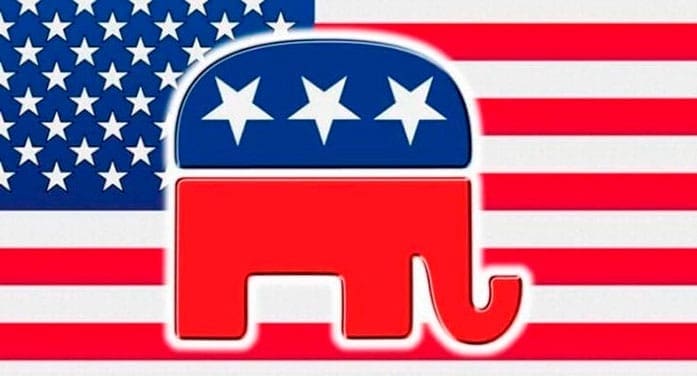 One of the most perceptive observations during the recent presidential election came from a September article in The Atlantic by the U.S. journalist Salena Zito.
One of the most perceptive observations during the recent presidential election came from a September article in The Atlantic by the U.S. journalist Salena Zito.
Zito noted that the media’s view of Donald Trump radically differs from that of his supporters, and added: “When he makes claims like this, the press takes him literally, but not seriously; his supporters take him seriously, but not literally.”
I was reminded of Zito’s insight a few days ago when Trump’s post-election observation about his famous wall hit the news. The admission that it mightn’t be physically manifested as a wall in all locations was deemed to be backtracking and breaking a promise.
Oh, dear!
The media didn’t quite get the plot. Trump voters want the porous southern border effectively secured. The wall is simply a vivid and visual way of talking about it. But it’s the substantive result that really matters, not the literal campaign rhetoric.
The election was also an interesting test of the public’s appetite for authenticity. To be sure, everyone talks about the desire for candidates who are “real” rather than consultant-driven, for politicians who’ll say what they actually think rather than merely regurgitating pre-parsed verbiage. The question is whether people actually mean it.
The campaign certainly provided an opportunity to see both styles in action.
With Trump, you had the sense of an unedited stream of consciousness. And the result could sometimes be jaw-dropping.
Hillary Clinton was different. From her, almost everything smacked of carefully crafted communication. On those occasions when she did veer off-script – like her “basket of deplorables” moment – you understood the argument for keeping the authentic Hillary under wraps.
Then there was that moment on election night when a commentator wondered whether we might be seeing the beginning of a shift in white voting patterns. Rather than splitting their votes between the two major parties, were whites going to start behaving like minorities?
While the white vote has tilted Republican for years, Democrats have still received a hefty share – Barack Obama got 43 percent of it in 2008. In contrast, African-Americans have been almost monolithically Democratic for decades and Hispanics have been trending in that same direction.
This differentiation is one of the pillars for the changing demographics argument. As the U.S. becomes less white, so the theory goes, the overwhelming Democratic preference of the rising groups will swamp the Republicans.
But what happens if white voting patterns change?
If whites begin to see themselves as embattled and start to vote Republican to the same extent that African-Americans and Hispanics vote Democrat, then it’s an entirely different ball game. A political culture pitched towards identity-groups can cut both ways.
Finally, there’s the matter of whether the Republicans can consolidate their good fortune. It’s true that, considering both federal and state offices, then they’re in their most powerful position since the 1920s. But it’s a very fragile dominance.
Trump wasn’t the Republican establishment’s favourite candidate. Or its second favourite. Or even its third.
Establishment Republicans would have preferred a Jeb Bush, a Marco Rubio, or even a retreaded Mitt Romney. But whatever their merits, it’s highly unlikely that any of those men would have been able to punch through the Democrats’ supposed electoral college fortress in the mid-west, as Trump did.
Running up white working-class margins surpassing those of Ronald Reagan in his heyday, Trump won in critical places that none of his Republican rivals could have. Yes, he lost hitherto Republican votes in the process, but the gains exceeded the losses in the states that ultimately made the difference.
For the Republicans, the key is to retain those votes while simultaneously encouraging the apostates to come home. Doing that entails comprehensively securing the southern border and putting a reasonable measure of water in the wine with regard to their hitherto enthusiasm for economic globalization and foreign policy activism.”
Many of the big donors won’t like this. Neither will most of the conservative intellectuals.
However, as someone said earlier this year, it’s easier for the base to get a new elite than it is for the elite to get a new base.
[FIRST NAME] is a Troy Media contributor. Why aren’t you?
The views, opinions and positions expressed by columnists and contributors are the author’s alone. They do not inherently or expressly reflect the views, opinions and/or positions of our publication.


